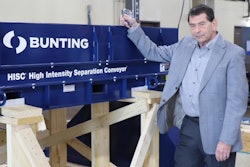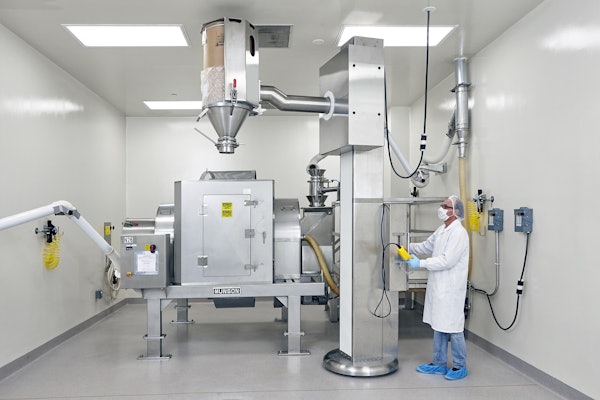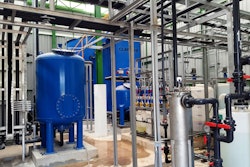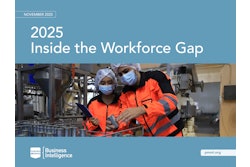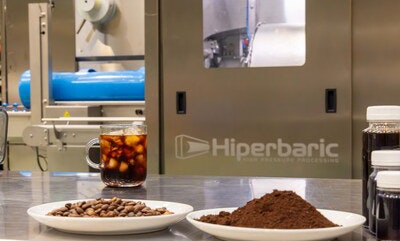
This content was written and submitted by the supplier. It has only been modified to comply with this publication’s space and style.
Next Bio, South Korea's top producer of cold brew coffee, has made a major investment in Hiperbaric's High Pressure Processing (HPP) technology to significantly increase its production capacity, preserve quality and extend the shelf life of its cold brew products.
The company has installed a Hiperbaric 300 industrial HPP system at its facility, enabling it to process up to 1,410 kilos of cold brew coffee per hour using HPP's ultra-high pressure pure cold water process. This gives Next Bio an annual production capability of 6,000 tons of HPP-treated cold brew coffee.
The HPP method exposes pre-packaged products to intense water pressure as high as 6,000 bar (87,000 psi) to inactivate foodborne pathogens and spoilage microorganisms. This cold process eliminates harmful bacteria while preserving the natural nutrients, flavor, and color of the coffee.
"We are very pleased to collaborate with Hiperbaric to introduce this cutting-edge technology to our company," says K.J. Choi, CMO, Next Bio. "HPP allows us to improve the safety and shelf life of our product up to 90 days while maintaining its freshness and flavor. This investment will help us continue to supply top-quality Cold Brew Coffee to our customers, including many cafes, food service, and consumer brands in Korea and export markets like the U.S., Japan, and Singapore."
The HPP equipment complements Next Bio's innovative proprietary "Super Drop Process" which sets it apart from other cold extraction methods. This system uses pure cold water below 18°C (64°F) at atmospheric pressure to gently extract a highly concentrated essence.
"Through our Super Drop Process, we can extract up to 24 bricks from coffee and 8 bricks from tea and herbs in just 60 minutes with a single drip – almost 3 times thicker than espresso for coffee," explained Y.H. Kim, Next Bio.
Unlike other processes, Super Drop allows Next Bio to preserve the full, rich flavor and aroma of the coffee and tea. The versatile cold brew extracts can then be applied to a wide range of products like ice cream, bread, pastries, beer, and coffee beverages. "You can taste the robust flavor from start to finish," added Y.H. Kim. "And now, combining our Super Drop Process with Hiperbaric's HPP technology, we keep those exceptional organoleptic qualities intact".
"We're proud to support Next Bio's growth plans with our HPP technology," said Jorge Marraud, Director of Hiperbaric Asia. "As a pioneer in cold brew coffee, Next Bio is an ideal partner to showcase the quality and food safety advantages HPP offers for high-value beverages."
Hiperbaric, which is always focused on driving innovation through R&D efforts, has published a study titled, "High-Pressure Processing (HPP) for Cold Brew Coffee: Safety & Quality Assessment Under Refrigerated and Ambient Storage".
The research aligned with the results obtained by Next Bio, which showed HPP achieves a 6-log reduction of major pathogens such as E. coli, Listeria, and Salmonella, ensuring safety over 90-days. Importantly, HPP processing kept the cold brew's organoleptic properties, color, and freshness uncompromised throughout refrigerated storage.





